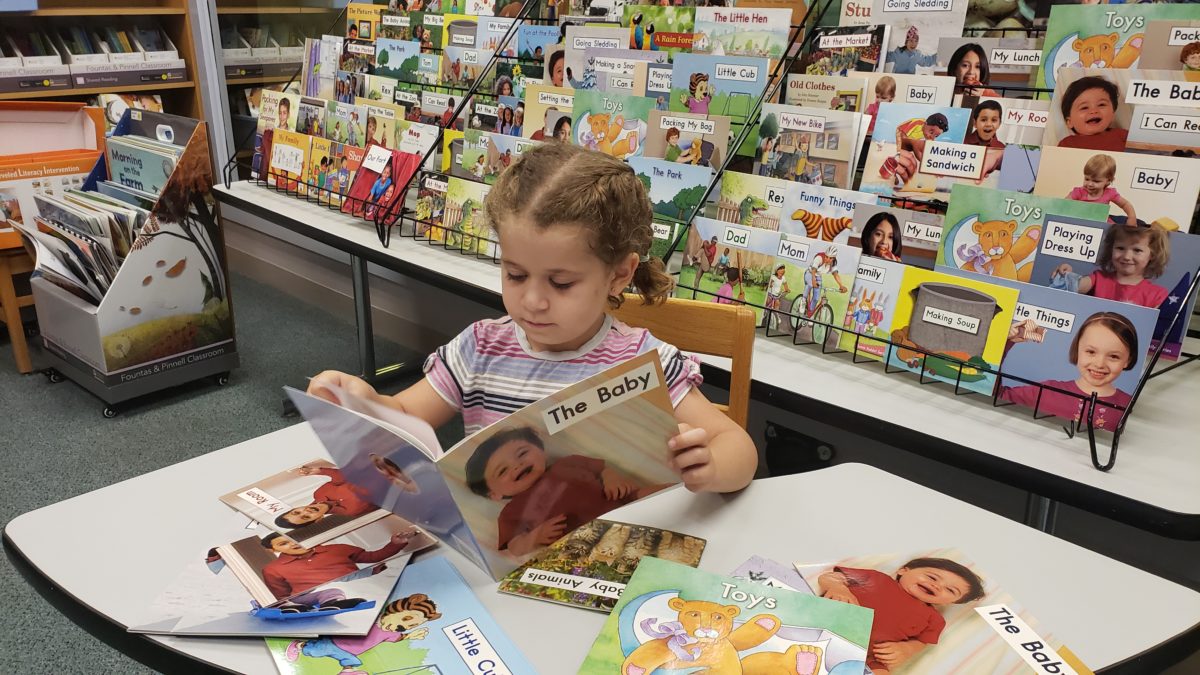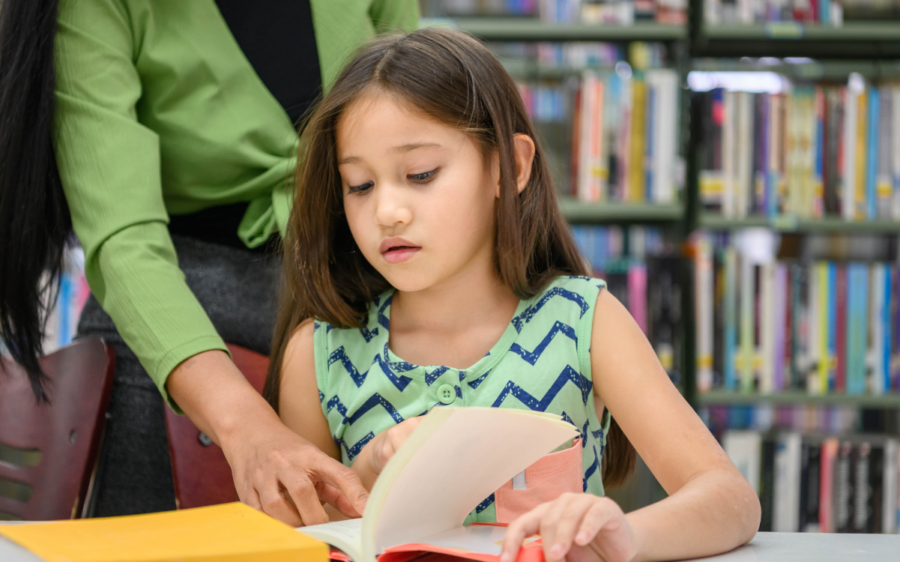The unprecedented circumstances of our world have illuminated the need to address the literacy needs of marginalized students in our educational system. There is an urgency to allocate resources to deal with the learning loss that so many of them have experienced. If we are truly committed to each child, then we need to make an intervention plan that provides intensive short-term support to bring these students along a path to successful literacy competencies. This will mean unwavering commitment to these students, structured time for instruction, research-based teaching, and high-quality resources.
Texts that Matter
Daily instruction needs to engage the hearts and minds of all students. They need to read fiction and nonfiction texts that are culturally relevant, meaningful and worthy of their thinking. The child needs to read at least two books each day in the intervention lesson to build a sense of agency, stamina and independence.
Small Group Instruction
When you work daily with a very small group of students – e.g. 3 or 4 , you offer more time for them to share their thinking. You are able to observe what they know and can do, what they can almost do and what they cannot yet do. The intensity of your teaching and the preciseness of your teaching moves are increased when the group is small because you can observe more closely.
Intensive, Fast Paced Instruction
Frequent and predictable instruction in a very small group increases the level of intensity for observing, teaching and interacting with each child. The quality of the literacy instruction is critical – a structured lesson with a focus on thinking, talking, reading, writing, and learning how the alphabetic system works. Your teaching needs to be fast-paced, not slowed down, so as to keep the child fully engaged.
Responsive
Children who have experienced any form of trauma need adults who provide a safe learning environment (whether face-to-face or virtual). A responsive teacher tunes in to the child’s emotional context and crafts precise teaching moves that build on the child’s strengths. Every intervention lesson needs to give the child a feeling of success and joy in reading, writing and learning about phonics.
Leveled Literacy Intervention is a proven program for students in need of extra literacy support to achieve success. It provides the kinds of opportunities described. That is why it has demonstrated success with so many children around the world.
Consider making a plan with your school team to join us for professional learning in Leveled Literacy Intervention, so you can mitigate learning loss and give your students the opportunity for success that they deserve.

ENROLL TO LEARN MORE!
July 28-30 & October 25-27, 2021 (6-day training)
Leveled Literacy Intervention Grades K-2
Leveled Literacy Intervention Grades 3-12





